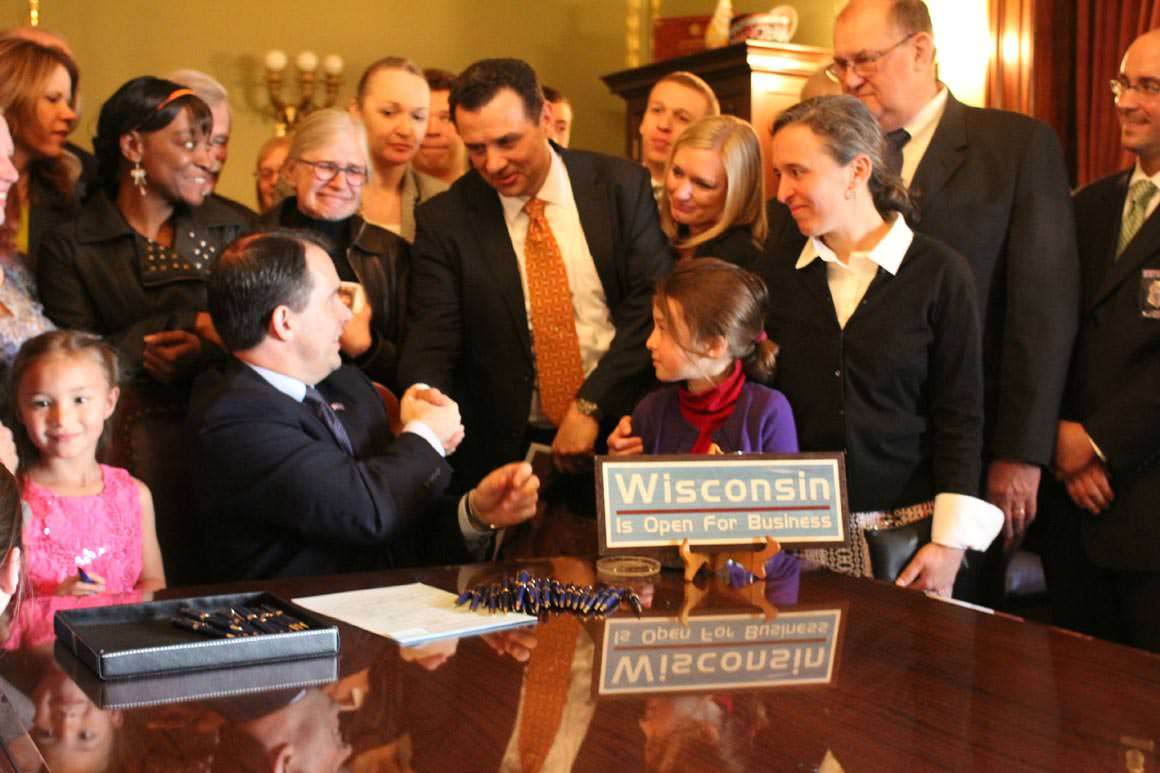"What I Did After Police Killed My Son": The Argument for Independent Review Commissions

Politico has a powerful piece by Michael Bell, a retired Lt. Commander lieutenant colonel in the Air Force, whose son was shot and killed by Wisconsin police while handcuffed. Bell pushed to bring mandatory outside reviews into the system:
It took six years to get our wrongful death lawsuit settled, and my family received $1.75 million. But I wasn't satisfied by a long shot. I used my entire portion of that money and much more of my own to continue a campaign for more police accountability. I wanted to change things for everyone else, so no one else would ever have to go through what I did. We did our research: In 129 years since police and fire commissions were created in the state of Wisconsin, we could not find a single ruling by a police department, an inquest or a police commission that a shooting was unjustified. There was one shooting we found, in 2005, that was ruled justified by the department and an inquest, but additional evidence provided by citizens caused the DA to charge the officer. The city of Milwaukee settled with a confidentiality agreement and the facts of that sealed. The officer involved committed suicide.
The problem over many decades, in other words, was a near-total lack of accountability for wrongdoing; and if police on duty believe they can get away with almost anything, they will act accordingly. As a military pilot, I knew that if law professionals investigated police-related deaths like, say, the way that the National Transportation Safety Board investigated aviation mishaps, police-related deaths would be at an all time low.
In this case, Bell's tenacity paid off in legislative change:
In April of this year we passed a law that made Wisconsin the first state in the nation to mandate at legislative level that police-related deaths be reviewed by an outside agency. Ten days after it went into effect in May, local police shot a man sleeping on a park bench 15 times. It's one of the first incidents to be investigated under the new law.
It's easy to understand why law enforcement might be slow to make common cause with this sort of review process, but just like mandating the use of wearable body-cams, the end result will be far better relationships with citizens and, in the end, many fewer problems all around.
Back in 2011, I interviewed Radley Balko, then with Reason and now with The Washington Post, about police brutality. Ironically, he said, that the rise of cell phones and other recording devices probably make it seem that the police are more violent than ever when in fact there's reason to believe the opposite. That's not an excuse for any instance of police violating anybody's rights, but it is a strong point in favor of bringing in outside reviewers. If the cops are doing their jobs properly and fairly, they will benefit greatly from having that validated by independent observers.
